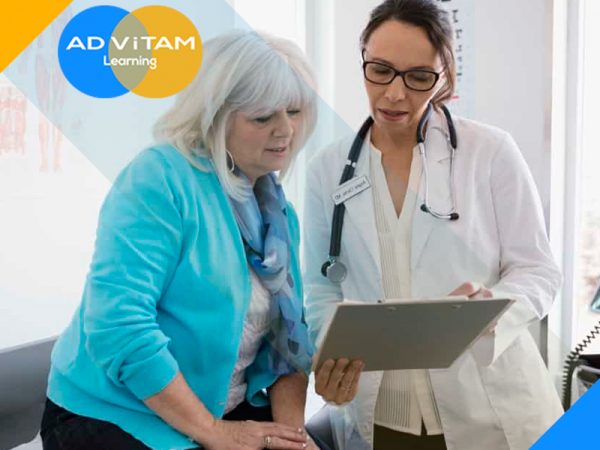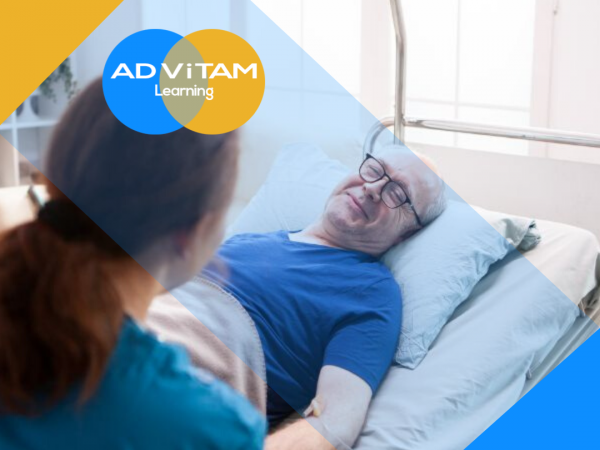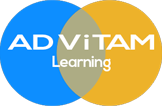Description
Online Care Certificate Standard 10 Course – Safeguarding Adults – Level 1 –
Welcome to our online care certificate standard 10 course – safeguarding adults. Our online training courses are developed in line with the latest UK legislation and meet the requirements set out by the Care Quality Commission (CQC), Health and Safety Executive and other professional and regulatory bodies
Care Certificate Standard 10 Course Description
Course aims and objectives
- Provide essential training resources in a meaningful and engaging way
- Additional eLearning materials that can be used as quick references during the courses and in the workplace
- End of course knowledge assessments that will generate a FREE CPD certificate
- FREE blended learning environment for individuals and organisations
What is covered in this online course?
- Learning outcomes
- Why is safeguarding vulnerable adults training important?
- Relevant legislation and policies relating to safeguarding vulnerable adults
- Who is a vulnerable adult?
- Safeguarding vulnerable adults is responsibility
- Ensuring dignity, rights and respect when delivering health care services
- How do healthcare environments affect dignity and rights?
- Helping vulnerable people to keep themselves safe
- Supporting people to exercise choice and control
- Defining abuse
- Categories of abuse
- Who is at risk of abuse and where does abuse occur?
- Who can commit abuse?
- Identifying signs of abuse
- Why abuse happens: Why may victims fail to report?
- What to do if you become aware of abuse
- Things to avoid regarding abuse of safeguarding adults
- What happens following referral of abuse?
- Whistleblowing – making a disclosure in the public interest
- Individual responsibilities
- Online learning resources relating to safeguarding vulnerable adults
- Summary
Who is this care certificate standard 10 course for?
- Doctors
- Registered Nurses
- Allied Healthcare Professionals
- Healthcare Assistants
- Social Care Workers
Requirements
For classroom training courses:
- Bring photo ID (e.g., passport, licence, EU card)
- Wear comfortable clothing
For online courses:
- Access to a computer device, e.g., desktop, laptop, tablet or smartphone device
Career path
Our online and classroom training courses are suitable for:
- Those who are looking to improve their knowledge of the subject area
- Those whose jobs require periodic continuing professional development (CPD)
- Those who need to show evidence as part of their professional registration requirements, e.g., doctors, nurses and allied health professionals








